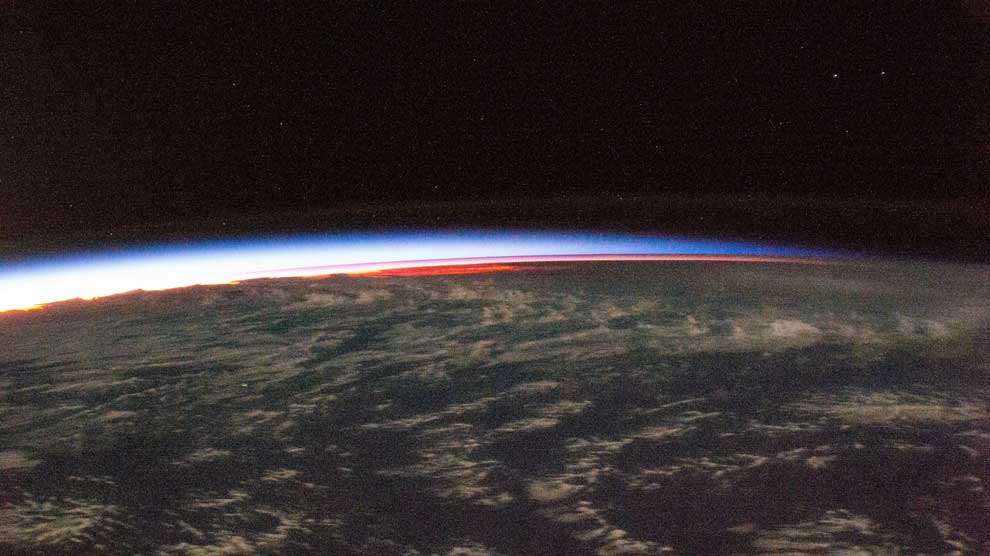Russia, one of the global leaders in the space industry and related technology, has hit back at the western sanctions by declining further cooperation in several space projects.

Roscosmos, the Russian Space Agency, suspended cooperation with certain European countries and paused space launches French Guiana. Russia also excluded the US from ts Venus exploration mission Venera-D.
Meanwhile, the Russian space agency Roscosmos’s website has gone down, with Russia alleging a cyber attack from the Ukrainian city of Lviv. The agency’s chief Dmitry Rogozin maintained that the information on the website alone had become unavailable, and the operations side of the agency remained unaffected.
Russia – A formidable space player
Russia was the first country to launch a satellite into space. Sputnik I, launched on October 4, 1957, sparked off a space race at the time.
Russia is a key partner in the International Space Station. Not only did it contribute by sending core modules of the ISS along with NASA, but the country’s Soyuz spacecraft took NASA Astronaut Bill Shepherd and cosmonauts Yuri Gidzenko and Sergei Krikalev to the ISS, making them the first crew to reside in the station. The ISS has had a human presence ever since.
Casting doubt on using ISS after 2024, Mr. Rogozin wondered who would prevent the 500-ton ISS from an uncontrolled descent and asked what if it were to fall on either Europe, India, or China. He reminded that the ISS does not fly over Russia.
Russian-built rocket engines have been used by NASA spacecraft as well, the most famous of them being RD-180, used in Atlas-V launch vehicle. The engine with a dual combustion chamber and dual nozzle design proved so efficient that the US had procured more than a hundred of those and is currently in the process of replacing them.
For years, Russia has transported astronauts to the International Space Station for NASA after the US space agency retired its launch vehicle in 2011.